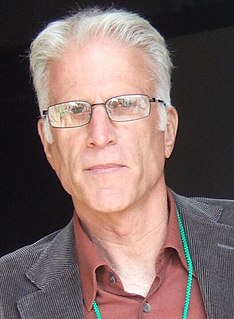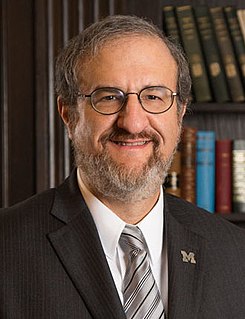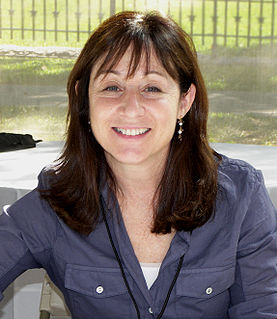A Quote by Ted Dekker
I think everything we do, on one level or another, as writers, most of our writing is informed by our world view.
Related Quotes
I love a lot of American writers, but I think that for the most part the scope of what's accepted as great American writing is very limited. What we have is good, but it's limited. There's not enough engagement with the world. Our literature's not adventurous enough. The influence of MFA writing tends to make things repetitive. The idea that writing can be taught has changed the whole conversation in the U.S.
I think we at the faculty level have to model this behavior of having people that really truly disagree with one another be able to discuss those beliefs with one another at the level of discussion and argument and not at the level of, you know, personal attack so that our students can learn how to do that, too.
Aquaman has the ability to be a huge character, and I think we really brought him to a new level in comic books, and I'm hoping that new level continues to everything that is DC Entertainment. Certainly, that's the goal. He's one of our most recognizable and most important characters, and it's going to continue to stay that way.
I have a hard time writing. Most writers have a hard time writing. I have a harder time than most because I'm lazier than most. [...] The other problem I have is fear of writing. The act of writing puts you in confrontation with yourself, which is why I think writers assiduously avoid writing. [...] Not writing is more of a psychological problem than a writing problem. All the time I'm not writing I feel like a criminal. [...] It's horrible to feel felonious every second of the day. Especially when it goes on for years. It's much more relaxing actually to work.
Action at the city level is what will make national momentum possible on our most urgent issues, and this is the level of government where we are closest to people, where we can innovate and move quickly. Most importantly, this is the level of government where we uniquely are in the position to earn the trust of our communities.


































